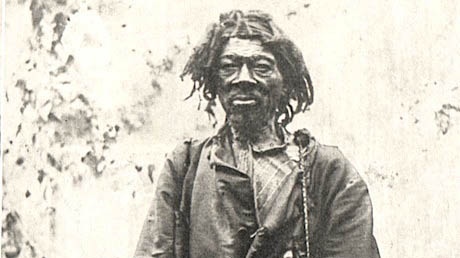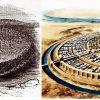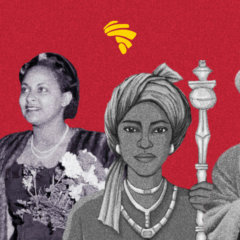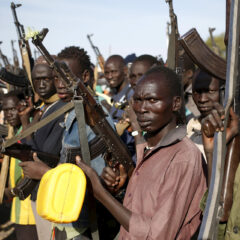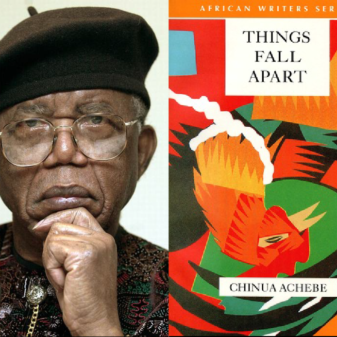In 1791, a slave in Haiti rose up to challenge the French masters and inspire revolutions in various plantations in Haiti. And he paid the ultimate price for this, his life. His head was severed and shown to other slaves with the intention of weakening their minds and erasing the thoughts of revolutions. This self educated slave and warrior was called Dutty Boukman and in this article, we will be looking at his journey and legacy.
Dutty Boukman (Most times referred to as “Boukman Dutty”) was a fearless leader who helped spark the Haitian Revolution which eventually led to the independent Republic of Haiti. Born in the region of Senegambia (present-day Senegal and Gambia), transported to Jamaica and then sold to a plantation in Haiti (called Saint-Domingue at the time), he taught enslaved Africans in Haiti how to read and understand the power of freedom.
Brief Biography Of Dutty Boukman
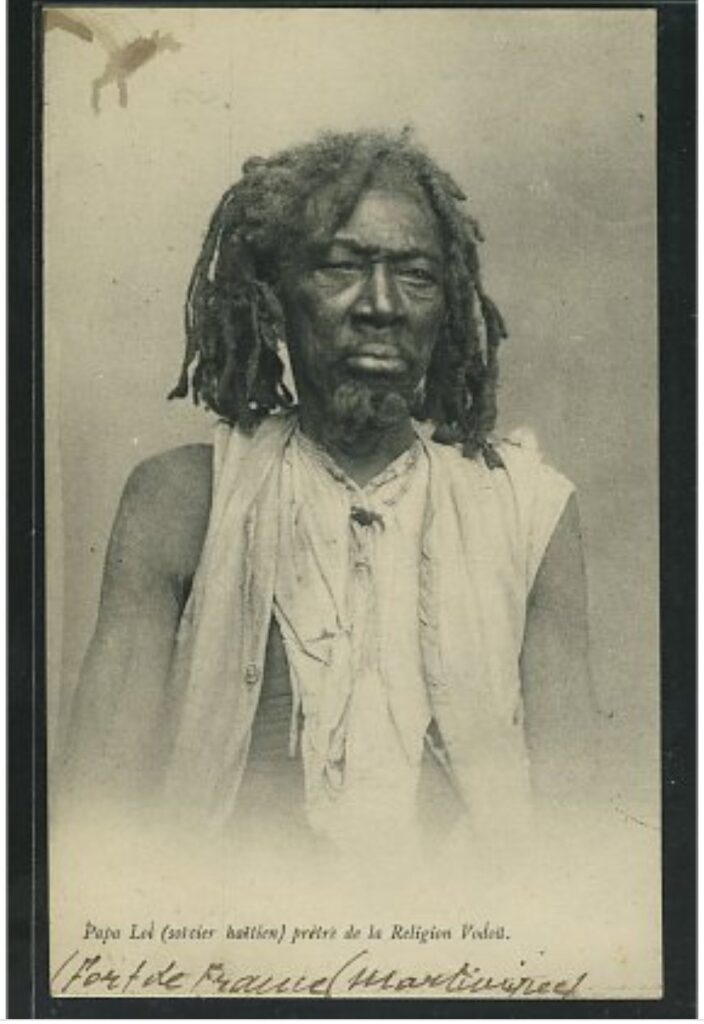
Dutty Boukman was a self-educated slave born in the region of Senegambia (present-day Senegal and Gambia), transported to Jamaica. He was sold to a French plantation owner in Haiti and placed as a commandeur (slave driver), and later became a coach driver. Dutty Boukman became vocal in the soon-to-come Haitian Revolution. He held secret meetings with other enslaved Africans in Haiti. After a week of one of those important secret meetings and Bwa Kayman (Voodoo) ceremonies, the Haitian Revolution began on August 24, 1791. He also led another bloody revolution against the French.
Some accounts say Dutty got his French name from his English nickname, “Book Man,” which has led some scholars to believe that he was a follower of Islam since at the time, in many Muslim regions, the term “man of the book” was a synonym for the word “Muslim”, follower of the Islamic faith. But this claim doesn’t hold much water as Dutty Boukman was a Zamba, which means a spiritual leader in the Voodoo faith.
It is also believed by other scholars that Dutty Boukman may have practised a combination of disparate blends of Voodoo, a traditional African religion and a type of Abrahamic religion. But one thing is sure, Boukman was never Christian. He once stated: “You want to win? Cast aside your white god. Embrace your African Spirit. You are free.”
One of his ideologies posits that only a god that is false will say that man has dominion over the earth. And this is one very important concept in the Christian religion. Boukman believed that man must live harmoniously with the earth as everything on earth is precious and important.
Dutty Boukman Prayer
Dutty was known to be very religious, in fact he was a Voodoo priest. He had influence and was able to control a huge number of African slaves not because he was a slave driver but because of the teachings and religious title he held in the community accompanied with his large size, warrior-like appearance, and fearsome temper.
On August 14, 1791, Dutty Boukman, in the role of the Houngan (Voodoo priest), presided over a ceremony at Bois Caïman, Haiti, alongside Voodoo priestess Cécile Fatiman. In that event, Boukman made a very daring prayer which inspired and motivated the African slaves and also went to have a seat in the hall of fame of great revolution prayers. The famous Dutty Boukman’s prayer:
“The god who created the earth; who created the sun that gives us light. The god who holds up the ocean; who makes the thunder roar. Our god who has ears to hear. You who are hidden in the clouds, who watch us from where you are. You see all that the white has made us suffer. The white man’s god asks him to commit crimes. But the god within us wants to do good. Our god, who is so good, so just, He orders us to revenge our wrongs. It’s He who will direct our arms and bring us the victory. It’s He who will assist us. We all should throw away the image of the white men’s god who is so pitiless. Listen to the voice for liberty that speaks in all our hearts.”
After the prayer, Boukman is said to have given a prophecy that three slaves: Jean François, Biassou, and Jeannot, would lead revolutions that would free the slaves of Saint-Domingue (now known as Haiti). Dutty Boukman alongside the priestess went on to sacrifice an animal in the ceremony.
Dutty Boukman Death
Seeing that he was one of the vocal voices that backed and led revolutions, the French quickly captured him on 7 November 1791, just a few months after the beginning of the uprising. They didn’t stop there, Dutty Boukman was beheaded by the French and had his head shown to slaves to clip their wings of bravery but that didn’t happen as it only infuriated and motivated the slaves more, which led to more revolutions. The revolutions eventually gave birth to the independent Republic Of Haiti.
He appears in various books and movies. A fictionalized character of Boukman appears in American writer Guy Endore’s novel, Babouk, which is an anti-capitalist parable about the Haitian Revolution. Sanba Boukman, Haitian community activist, assassinated on 9 March 2012, took his name from Boukman. Many more books and events to honour Boukman exist.
Though Dutty Boukman is dead in flesh, he lives on in the hearts of the Haitians and Jamaicans. He is remembered for his leadership and courage to incite great revolutions against the French.
